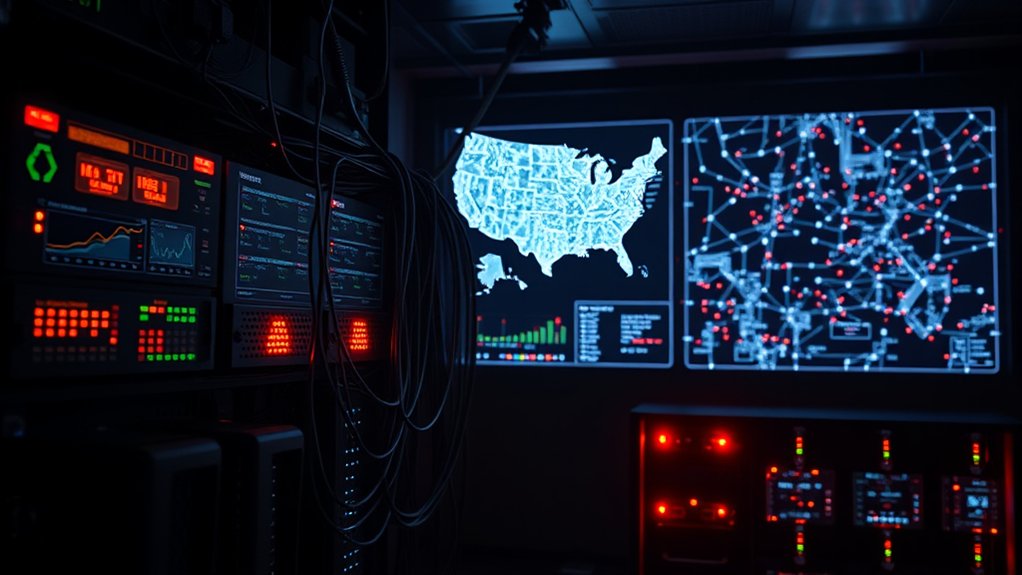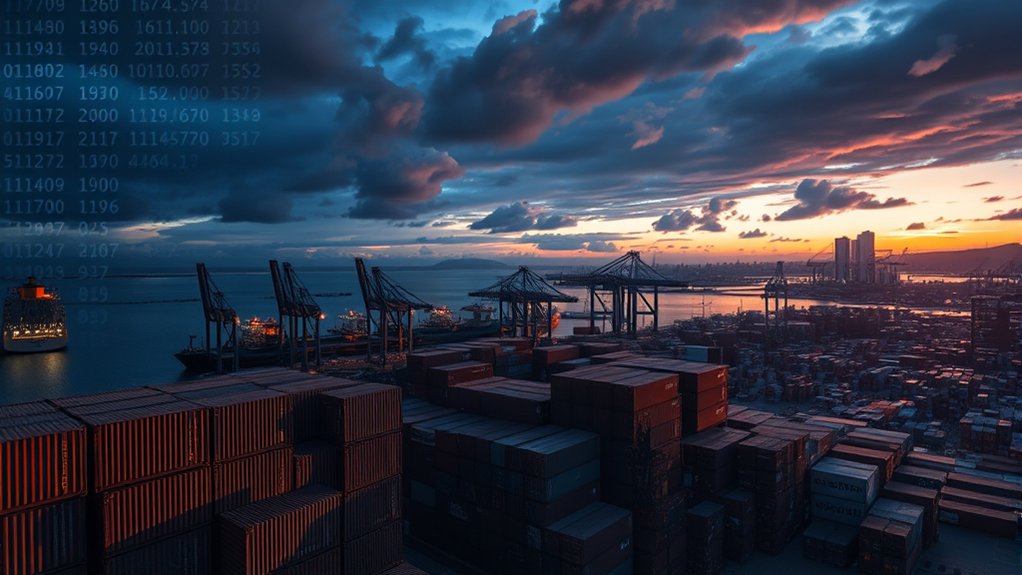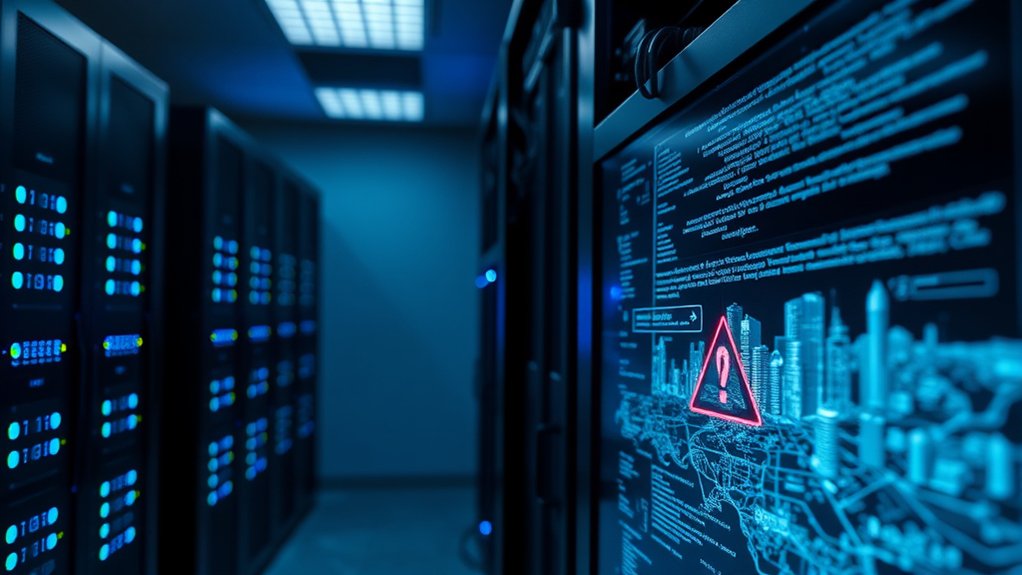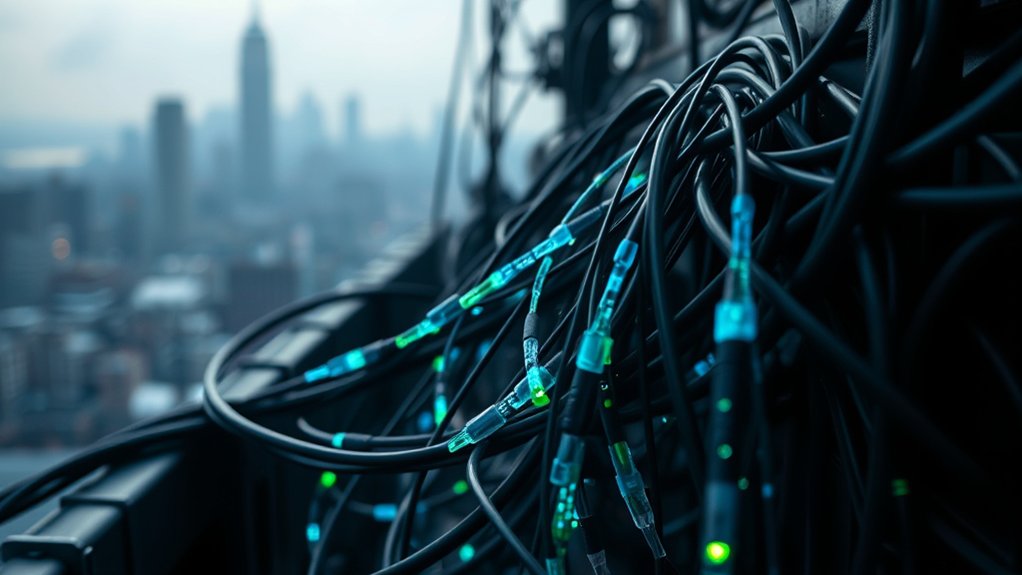Iranian hackers have increasingly targeted U.S. infrastructure, posing a significant threat to national security. These cyber operations have been linked to ongoing geopolitical tensions, with recent warnings from U.S. federal agencies highlighting the potential for coordinated attacks on critical infrastructure sectors. Over the past year, sectors such as energy, water, healthcare, and manufacturing have emerged as primary targets, reflecting a broader trend of retaliation against perceived adversaries.
Iranian hackers intensify attacks on U.S. infrastructure, threatening national security amid rising geopolitical tensions.
Between November 2023 and January 2024, Iranian-affiliated actors launched a series of cyberattacks amid heightened conflicts, particularly during the Israel-Hamas crisis. Reports indicate that these attackers exploited factory-default passwords and unsecured TCP ports in industrial control systems, improving their ability to breach defenses. This pattern aligns with the historical focus on poorly secured networks and weak passwords by fraudsters. Organizations failing to implement proper security measures face CIA Triad risks, potentially compromising their data integrity, confidentiality, and system availability.
The impact was significant: numerous U.S. companies reported financial losses and reputational damage resulting from hack-and-leak operations. This incident highlights the global reach of Iranian cyber strategies, affecting dozens of organizations across various sectors. Moreover, the importance of up-to-date defense mechanisms cannot be overstated, as it is crucial for organizations to protect themselves against evolving threats.
Looking ahead, the potential for future attacks remains high. U.S. actions against Iran may act as provocations, inciting further retaliation through cyber means. Vulnerable networks, particularly those with inadequate security measures, present easy entry points for Iranian hackers.
Critical infrastructure such as water and energy services stands at increased risk, with past Iranian operations demonstrating capabilities to disrupt vital services. Evidence suggests that a larger attack may be preceded by reconnaissance activities, indicating that U.S. cybersecurity measures must be strengthened.
Experts stress the necessity for utility companies to collaborate closely with government agencies to fortify defenses against possible incursions. The threat environment is evolving, with power grids and water systems facing heightened scrutiny.
As Iranian hackers set their sights on U.S. infrastructure, the urgency for improved cybersecurity practices grows. By raising public awareness and ensuring proactive measures, both government entities and private sector firms can work to mitigate these escalating threats, safeguarding critical infrastructure for the future.









